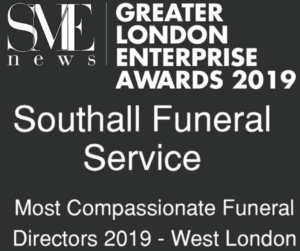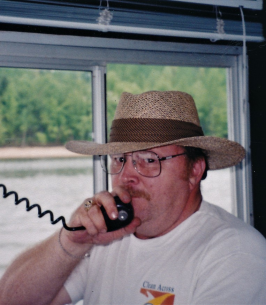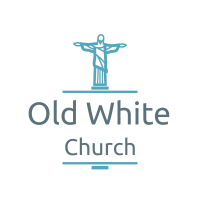
Things you need to plan before and while organizing Funeral Directors
Celebrate the life of those close to you with a classy and timeless plaque. There is no grief comparable to dealing with the loss of a loved one. In times of death, there are many intangible emotions a family can go through in the aftermath. A funeral is a time for family and friends to come together and celebrate the life of the person who has passed on.
Planning a funeral can be a difficult time for all involved. Often in these early moments of grief, it can be hard to get your mind around the formalities. Funeral directors are their to Funeral Directors London aid you every step of the way to make planning the day as stress-free as possible.

Death Certificate:
The first step in the process would be to contact a funeral director and make the necessary arrangements. A death certificate will need to produce. Usually, a funeral director will lodge the certificate on your behalf.
Obituary:
Publishing a death notice in the local newspaper can be a good way of informing neighbours of the death without having to go through the painful process of picking up the phone. However close friends and relatives should be informed over the telephone. An obituary notice is also a good way of reaching those acquaintances for who you don’t have contact details and who may wish to attend the funeral.
Last Wishes:
You will need to contact a funeral home and let them know of any last wishes. Some people state that they wish to be buried or cremated in certain clothes and wearing special items of jewellery. The funeral home will act upon these wishes. You may also want to talk to the funeral director about special plans for the day such as playing significant music, readings, and having close friends speak about your loved one.
Planning the Service:
When talking to the funeral director does not hesitate to bring up any wishes you want to include in the service. You will probably talk about the time, date, and place of the service, music and decorations, speeches, and readings. You may wish to speak about the coffin, the graveside, and any special memorials such as a bronze or brass plaque you may wish to include.
The Wake:
After the funeral, you will need to think about whether you want to awake. Awake is usually a place to gather with friends and family after the funeral to eat, drink and remember the bereaved one with a fond farewell. This can be conducted at the home of the bereaved one or if you wish a small intimate venue. It is common to serve refreshments such as a buffet and a few drinks. To help the wake run smoothly it’s a good idea to try and gauge how many people will attend so you can decide whether an outside caterer will be necessary.
Death can be a very difficult time and organizing a large event like a funeral can cause unnecessary stress both mentally and financially. It’s important to figure out your budget and enlist the help of a funeral director to guide you through the process. Enlisting outside help will mean you can spend time grieving and supporting your family.
